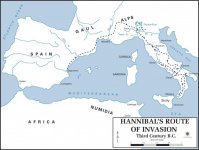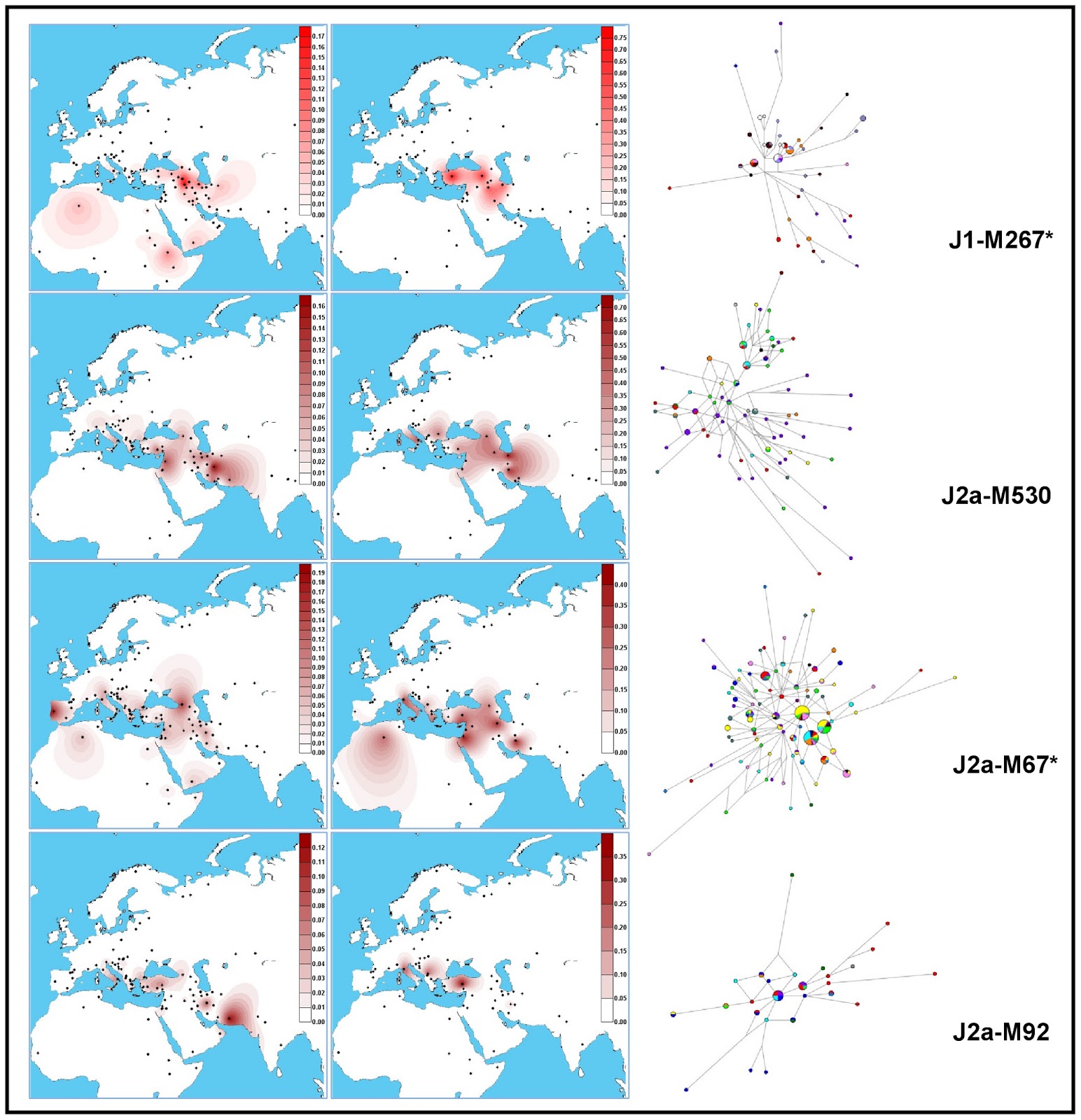Perhaps you should consider the difference between a port city where merchants from all over the world meet to trade and might have a small manufacturing operation, and a
colony or series of colonies. Large parts of Spain were part of the Carthaginian Empire, which you can see on the map posted by Pax Augusta
.
As for the Etruscans, I am very fond of their culture, and quite appreciative of the tremendous contributions they made to Roman civilization and through them to Europe. I honestly don't give a darn how much of their ancestry came from the Near East in the Neolithic versus in the first millennium BC. Perhaps there was large gene flow. Perhaps it was an elite migration. We
don't yet know, and probably won't know until we get ancient dna. To imply that this poorly conceived paper is the gold standard for answering this question is absolutely unwarranted. This wasn't the Reich Lab, unfortunately. See the following thread for an analysis of its shortcomings.
http://www.eupedia.com/forum/thread...heory-on-the-Origi?highlight=Origin+Etruscans
As for that second article, the person who wrote it is sadly misinformed. There is nothing uniquely or exclusively "Italian", much less "northern Italian" about seeing the Etruscans as indigenous peoples of the Italic peninsula, and their culture as an outgrowth of the Villanovan culture. Anyone who claims that obviously has no grounding in archaeology or prehistory. Had the author done some honest research, he would have found names like J.P. Mallory, John Bryan Perkins and others , names which, unless I'm very mistaken, are not Italian.

You also might find it informative to read at least the Wiki article on the origin of the Etruscans. There are many references in that article, including some to scholars who have viewed the Etruscans as indigenous people. Had the person at least read that and followed the links, he would have found that indeed some Italian scholars used to believe they had a more recent Anatolian origin.
http://en.wikipedia.org/wiki/Etruscan_origins
Over and above all of that, what a certain anonymous blogger does or does not believe has nothing to do with the actual history of the migrations, and as I said that is going to have to wait for ancient dna, in my opinion.
Regardless, I would remind posters that this is not a thread about the Etruscans. Posts about them are off-topic.
Also, posts that are motivated by "ethnic" agendas and rivalries are neither appreciated nor sought. Neither is there any place for incivility, by the way.
Ed. I have taken a closer look at that blog. It's very dodgy, in my opinion. I also have my doubts whether this person is even of Italian ancestry, and so his posts cannot have anything very informative to offer as to "Italian" opinions on any of these matters. (I understand it is quite an internet "thing" for people of non Italian or part Italian ancestry to claim it for various nefarious purposes. This makes me very leery and cautious. I just alert you to this so that you don't assume that statements from people claiming to be Italian are actually probative of the views of any actual Italians. Just some friendly advice.)






